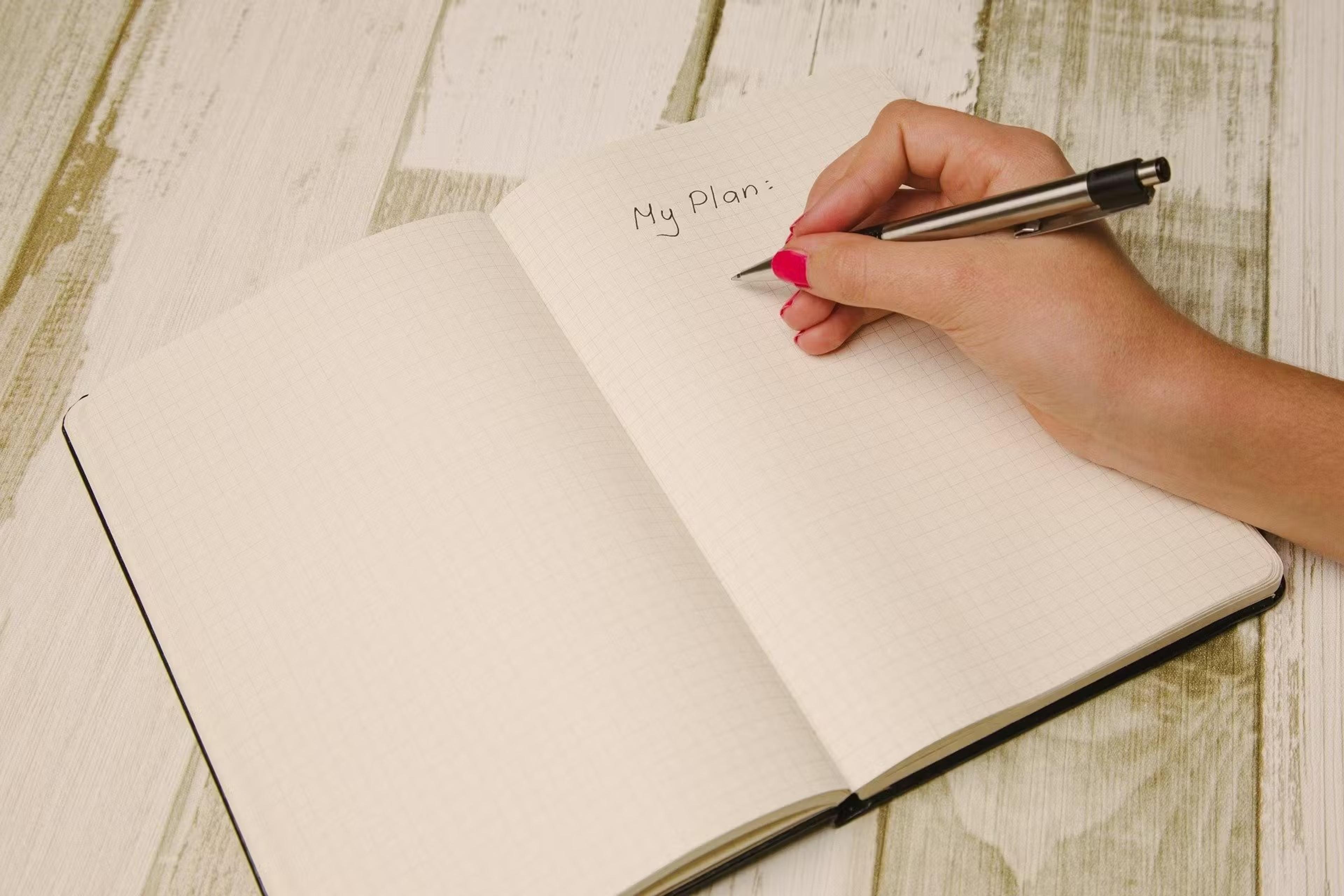Financial Wellbeing #1: Taking Stock
- By
- Murray Humphrey
Over the next few weeks, we’ll be walking you through a few tricks and tips to help improve your financial wellbeing. We’ll look at evaluating what you have, reviewing your budget, tidying up your finances and planning for the future. Check back soon for more!

Step 1: Taking Stock
Is it us, or are things finally starting to look up?
It’s a new financial year, spring is fast approaching and the end of lockdown is (hopefully) in sight. Time to make the most of the remaining limbo and get in fighting shape for the brave new post-lockdown world. Step one, reviewing your finances. So, how do you do it?
The best place to start is to evaluate all your existing financial comings and goings. Work out a system to keep track of them so you can easily assess:
- what you have
- what you need
- where your money can work smarter
Let's dive in.
Savings
First up, your short and mid-term savings.
Do you have any instant-access savings accounts? Or any old cash ISAs? Now’s the time to dig out the paperwork. Interest rates have been quite low on cash ISAs for a while. It could be worth reviewing any balances and making a note of any interest rates.
Seeing all your rates in one place makes it way easier to compare and see what is and isn't working.
Investments
Next, take a look at your long-term savings and investments.
You might have invested in a stocks & shares ISA or maybe you have some money in a bond or general investment account. Get rummaging through your paperwork to see if you can track down the most recent post you received.
Make a note of what you've invested in, how much and where. You may also want to find out how sustainable or environmentally friendly your current holdings are.
Bank accounts
We all have a main bank account for our own personal income and bills – but do you have any other accounts you may have set up for other purposes? When was the last time you checked the balance or saw a statement? Take this time to assess what you have open and whether you need it.
You could also take a look at your online bank account and delete any old or out-of-date direct debits and standing orders, so you’ve got a clearer view of your regular payments.

Insurance
Insurance products tend to be a little dull, but necessary. From Home insurance to Car and pet insurance to look after our prized possessions to emergency home cover and life insurance for those ‘would rather not contemplate’ moments. These are all valuable financial tools. Some are set up to run for life, and others review every year or after a set period. It’s worth bringing together all your policy information so you know what you have, what it costs and what you’re covered for.
Pensions
You may have set up one or more pensions through current or previous employers. Or you may have started a personal pension in the past. It’s useful to review what pension savings you’ve already started so you understand how much more you may need to save for retirement.
If you can’t locate your pension paperwork but know that you have paid into a pension – get in touch! We can help you track it down. We’ve found that with our help, pension customers are tracking down an extra 33% of retirement savings. Not bad for 5 minutes of work.
Get organised
Now is the time to dig out paperwork, contact your providers to request login details and generally get your admin in order. Throw out any unnecessary and out-of-date documents and save any important policy documents or statements somewhere secure.
Make a record of:
- what you have
- details of balances or regular payments
- relevant policy information
You could even group all the finance apps you use together or save a list of useful sites for the providers you use in your favourites. Do whatever helps keep the information you need close to hand and secure, either noted down in a shorthand only you would understand and locked away, or in a secure online file.

Murray Humphrey
Penfold